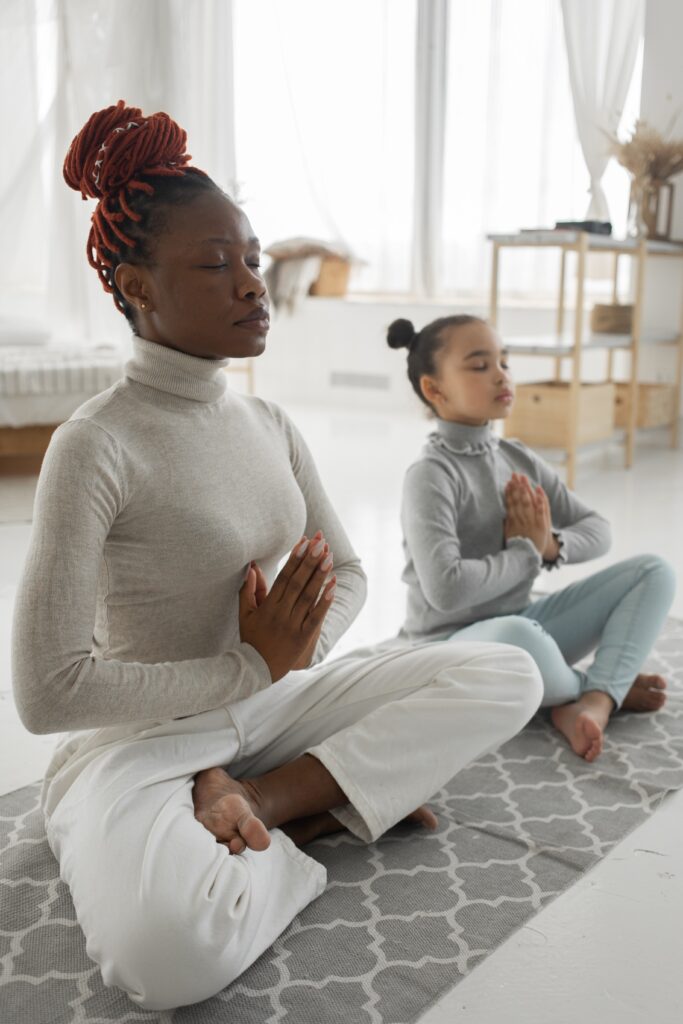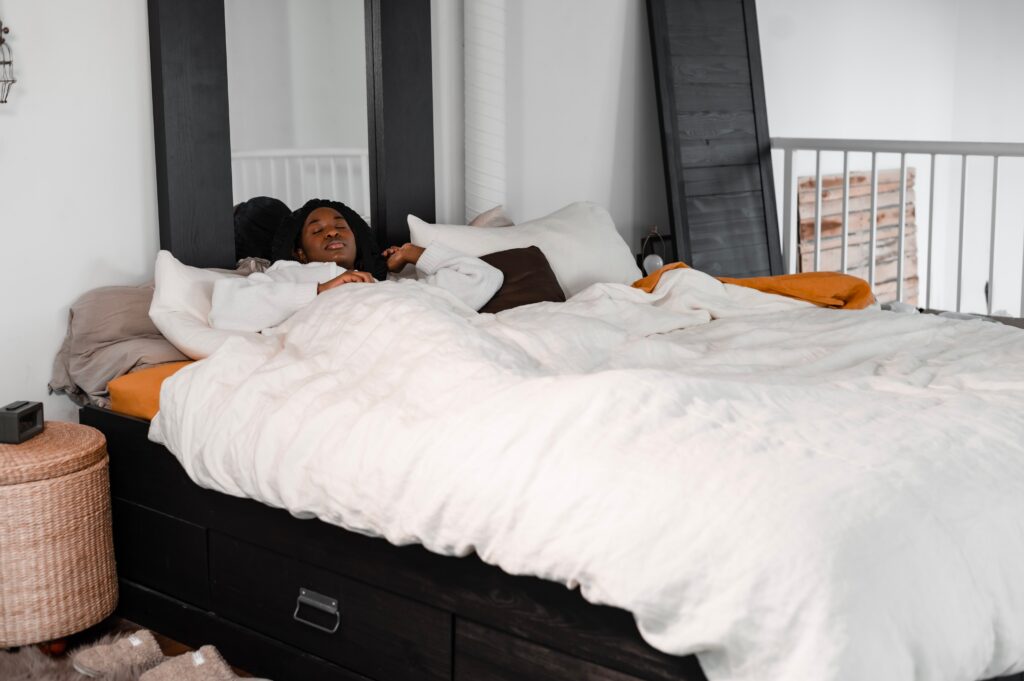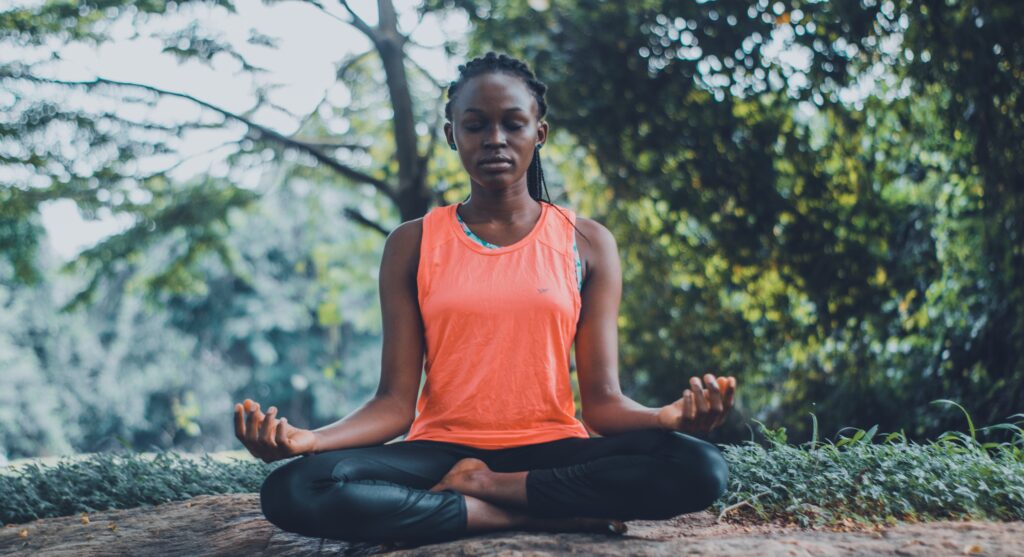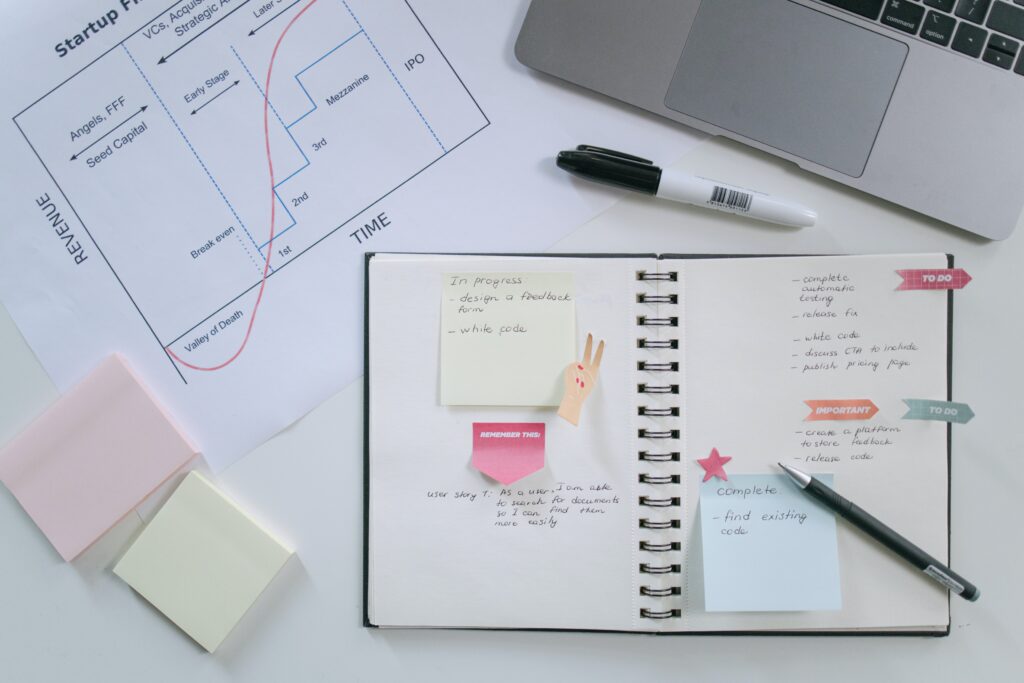6 Little Habits That Reduce Anxiety

DISCLAIMER: This article is purely for educational purposes only and is not intended to be a substitute for any medical diagnosis or treatment. Please speak to a professional health care provider about any treatment for any medical disorder or diagnosis you may have.
Hey Psych2Go-ers. Looking cute.
For some people, mild to severe anxiety is a fact of life. Sometimes you worry when you don’t feel anxious. As much as people are shamed and deemed weak for having anxiety, it’s actually quite common. PsychologyToday states that 31.1% of US adults alone experience an anxiety disorder at some point in their life and globally, the numbers are on the rise.
According to psychiatrist Dimitrios Tsatiris, from an evolutionary standpoint, anxiety was a means of being aware of your surroundings, to be able to ward off predators and survive. So while a healthy amount of anxiety is good, the issue arises when your anxiety becomes excessive and interferes with your daily life.
So here are 6 little habits that you can explore to reduce your anxiety.
- Concentrate Your Anxiety By Focusing On One Thing

When you’re an anxious person, your brain gets flooded with so many worries that you can’t seem to pinpoint what it is that’s concerning you; you’re simply extremely bothered. And everything in your life amplifies this feeling, worsening your mood and compounding your stress. And when this happens, you might decide that the best thing to do is to just ignore every single problem and keep it moving.
A better alternative to ignoring your anxious thoughts solve your problem that will help is to pick one thing that is bothering you and give it 100% of your attention. Once you’ve picked your problem, make use of a list to see what is creating your anxiety about this particular thing. You can ask questions such as: Where is this anxiety coming from? What about this makes me anxious? Is this rational or irrational? Through this line of inquiry, we discover that our minds can come up with outlandish possibilities when it’s clouded by stress and self-doubt. By focusing on one stressor at a time, you can tackle that issue with more ease, increase your happiness and well-being and boost your productivity.
- Practice Proper Sleep Hygiene

We hear how sleeping is important for you all the time and how you need to get a certain amount of hours of it. With this busy life we have nowadays, juggling many tasks at once, we can become deprived of proper rest. We not only need to sleep more where we can but we need to practice proper sleep hygiene.
Proper sleep hygiene can look different for everyone but the main points are to limit our screen time possibly an hour or half an hour before bed and just after waking up as the blue light from our smartphones reduce melatonin, which affects our ability to sleep. A routine for winding down to sleep can include brushing your teeth, a nighttime skin routine or a relaxing stretch sequence. By consistently going to sleep at the same time and waking up at the same time is a great help in reducing your anxiety.
- Exercise

Besides the benefit of having a strong, healthy body, exercise is amazing for your mental health. Especially when you are a person who suffers from anxiety disorders. Taking walks outdoors counts too and having a more physically active life is beneficial in the long-term. It reduces anxiety symptoms which have a potent effect on the hippocampus, the region that regulates stress in the brain.
Exercise also promotes mindfulness. With anxiety, you’re either ruminating about the past or worrying about the future but exercise puts you in the present moment and helps you to become more mindful. When you’re not mindful in the gym or wherever you workout , you can injure yourself. In a Harvard Health Publishing research article, John J. Ratey, MD, stated that exercise also decreases muscle tension, lowering the body’s contribution to feeling anxious.
- Break Away And Have Some Time By Yourself

Having an anxious day is tough. When your stress is at a 10, your head is filled with questions and you can’t focus, you just want to detach from the work or whatever is in front of you and leave. You can’t motivate yourself to do anything, which deepens your feelings of dread and you feel like you can’t breathe.
A habit that you can use to turn your anxious thoughts around is to take a break from your responsibilities and do something else. While you might feel inclined to go onto social media or TV to help you de-stress (*raises hand* guilty), try to limit your time on your phone. Instead, go for a walk outdoors and notice your surroundings; meditate for just 5 minutes, focusing on slow, deep, long breaths ; maybe journal about your day so far and how you are feeling or maybe treat yourself to something nice. This break is so good for you as it gives your mind a chance to cool down and for you to relax. This is especially your “me time”. In this moment of solitude, you become your only focus and you get some peace of mind.
- List Hypotheticals And Act On Them

For anxious people, our brains can get clogged with a flurry of hypothetical situations and they can all seem likely to happen, meaning that they are true and that is terrifying. As TopThink says, “your anxious thoughts can spiral out of control, creating irrational situations out of thin air.”
So what can you do about this possible downward spiral? Say you’re nervous about an interview or starting a new project. The next time you think, “what if…?”, grab a pen and write down the questions on your mind and try to be as specific as possible. The key is to be specific. When you see your worries written down , you will start to see that some of the worries are just flaws in your logic, your imagination being overactive and the scenarios you thought up are likely impossible. The next step is to pick one concern and create three actionable behaviours to solve your problem. This also reduces your anxiety because these now tangible concerns become things you can control and work with and on.
- Practice Gratitude

Being anxious robs you of your perspective. You are filled up with many thoughts and possible catastrophic outcomes and you ignore all the other positive potential outcomes. You can fixate on the worst imaginable scenario that has a low probability of actually happening. A daily practice of expressing gratitude for anything in your life and soaking in the feeling of that gratitude is a great habit for reducing anxiety and bringing calm into your life.
While expressing gratitude doesn’t dismiss life’s misfortunes and challenging times, it brings a healthy counterbalance to these facts of life and a good dose of perspective. If you wake up feeling anxious in the morning, it can be a great way to regain control over your thoughts and emotions.
FINAL THOUGHTS
Outside of these suggestions for reducing your anxiety, feel free to explore other habits. While some of these habits might work for you, others may not. So you probably will have a trial and error period until you find something that you resonate with. Regardless of what habit you decide to incorporate in your routine, it will teach you that you can overcome your stressors and thereby, reaping the rewards of confidence, motivation and energy. You are in control, not your anxiety. And while it might feel that way sometimes, keeping stock of all the things you’ve done in spite of having anxiety is also a confidence boost and a good reminder that you’re the captain that steers the ship.
Good luck!
REFERENCES
*Flynn, C. (2016, July 21). 10 daily habits to ease anxiety. Bustle. Retrieved March 31, 2022, from https://www.bustle.com/articles/173985-10-daily-habits-to-ease-anxiety
*Fondin, M. (2017, June 2). Quit these 5 habits to help reduce anxiety. Chopra. Retrieved March 31, 2022, from https://chopra.com/articles/quit-these-5-habits-to-help-reduce-anxiety
*Ratey, J. J. (2019, October 24). Can exercise help treat anxiety? Harvard Health. Retrieved April 6, 2022, from https://www.health.harvard.edu/blog/can-exercise-help-treat-anxiety-2019102418096
*Tsatiris, D. (2020, December 27). Anxiety in high-achievers. Psychology Today. Retrieved March 31, 2022, from https://www.psychologytoday.com/za/blog/anxiety-in-high-achievers
*TopThink. (2021 ,August 30 ). 4 Little Habits That Reduce Anxiety. YouTube.com. Retrieved April 06, 2022 from https://www.youtube.com/watch?v=7ty6mYpMCuo



Responses